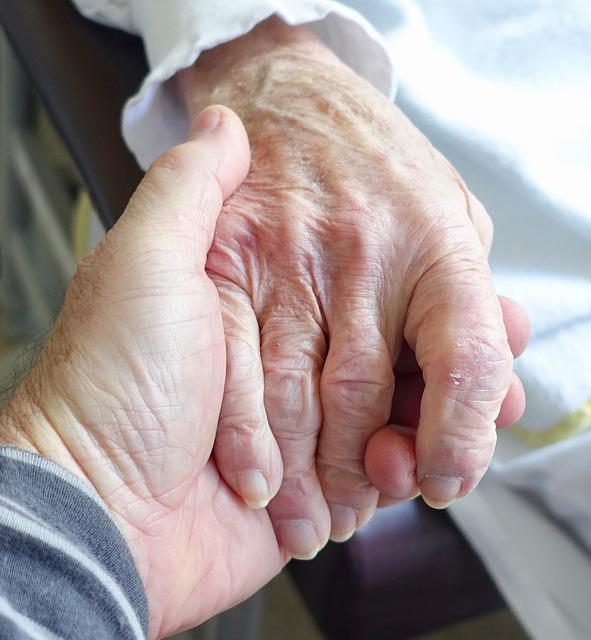
You may be considering long-term care. There are many options, including home care, Medicaid, and nursing homes. In this article, we'll take a closer look at each option, including how to get the right coverage and which benefits you can expect to receive. Contact us for more information. We'll be glad to answer any questions you have. Don't forget about Medicaid!
Home-based long term care
The use of home-based LTC services was correlated with caregiver health and age. Younger caregivers are less likely to be able to care for older people. The ages of caregivers and the burden of care should be analyzed to determine the best combination of services. In order to decide whether home-based LTC services can be beneficial for both caregivers as well as recipients, it is important to consider caregiver health. These are not all home-based LTC service options.
The primary aim of home-based long-term care is to allow recipients to live independently while minimizing the need for institutional care. This type provides support to friends and family in addition to health care. Home healthcare is more convenient and affordable than skilled nursing. It is also as efficient as skilled nursing facility care. Home health care can even be as effective and efficient as in-hospital care.

Nursing homes
There are many types of nursing homes. One type is the skilled nursing facility. Medicare certifies skilled nursing facilities as SNFs. These homes can also take long-term payment. These homes also accept private pay and can usually meet the medical requirements of most patients. The United States has three main types of nursing homes: skilled nursing care, convalescent care and long-term care.
While private rooms are preferable by many residents, many nurses believe that multiple occupancy rooms increase the risk for developing infectious diseases. CMS will investigate ways to accelerate the removal of rooms that house three or more people and promote single occupancy rooms. Biden-Harris Administration introduced new measures to improve quality and safety in nursing homes. They also cracked down on bad actors. They want nursing homes to be livable and provide high quality care.
Medicaid
If you are considering Medicaid long term care for your aging parent, there are a few things to keep in mind. First, consider that the amount of money required for long-term nursing care is dependent on many factors. This includes your monthly earnings and your assets. You may also be ineligible to Medicaid if your assets are too large. You can mitigate your financial risk in this case.
Depending on which state has Medicaid, you could be eligible for long term care through the regular state program. This is often called "Aged, Blind, Disabled Medicaid". This is not a mandatory entitlement, but it may be more affordable than nursing homes or assisted living facilities. Medicaid will also cover services within the community or at home, so you can live independently and have a high quality of life. A number of state Medicaid programs offer personal care assistance.

Medicare
Long-term care can have high costs. Even though Medicare covers some of the costs, the program is constantly evolving and limited. This growing need is evident among Medicare beneficiaries. Therefore, it is important to stay up-to-date with all the latest information. Here are some tips to help you find long-term care coverage. For more information, please contact your local Medicare agency. First, you need to be familiar with your current insurance coverage. Once you have an understanding of your current insurance coverage, you will be able to plan for the future.
What is long-term nursing? The long-term care includes a range of services that help a person live a normal life. This includes both medical and non-medical assistance. These services include everything from food preparation and transportation to medical appointments. The person may choose to have long-term health care provided at home or in a nursing residence. Medicare requires beneficiaries to visit a Medicare-certified nursing home within 30 days after an inpatient hospital stay.